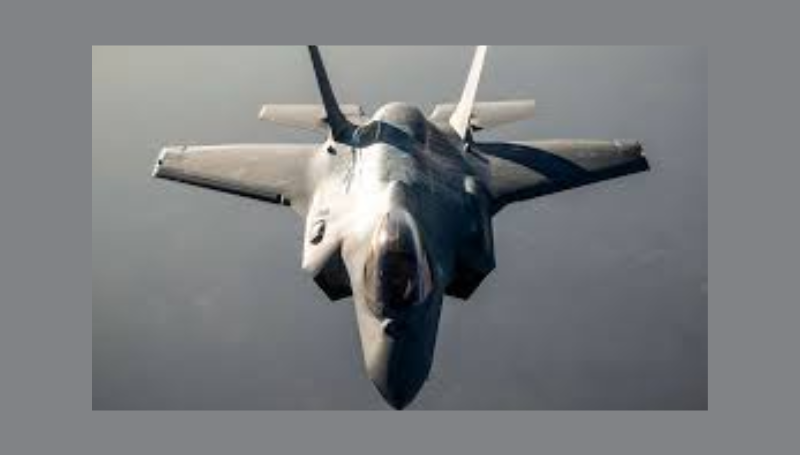David A. Cloud, Dov Lieber, Stephen Kalin and Summer Said
WSJ, Apr. 15, 2024
“The operation was the culmination of years of U.S. effort to break down political and technical barriers that thwarted military cooperation between Israel and the Sunni Arab governments.”
As hundreds of Iranian drones and missiles winged across the Middle East Saturday night, a defensive line of radars, jet fighters, warships and air-defense batteries from Israel, the U.S. and a half dozen other countries was already activated against the long-feared attack from Iran.
Almost nothing got through to Israel.
The formidable display of collective defense was the culmination of a decades-old but elusive U.S. goal to forge closer military ties between Israel and its longtime Arab adversaries in an effort to counter a growing common threat from Iran.
But the U.S.-led effort to protect Israel in the days and hours before the Iranian attack had to overcome numerous obstacles, including fears by Gulf countries at being seen as coming to Israel’s aid at a time when relations are badly strained by the war in Gaza.
Much of the cooperation Saturday night that led to the shooting down of the Iranian-directed barrage needed to be forged on the fly, and many details about the role played by Saudi Arabia and other key Arab governments are being closely held.
Israeli and U.S. forces intercepted most of the Iranian drones and missiles. But they were able to do so in part because Arab countries quietly passed along intelligence about Tehran’s attack plans, opened their airspace to warplanes, shared radar tracking information or, in some cases, supplied their own forces to help, officials said.
The operation was the culmination of years of U.S. effort to break down political and technical barriers that thwarted military cooperation between Israel and the Sunni Arab governments, officials said. Instead of a Middle East version of the NATO alliance, the U.S. has focused on less formal regionwide air-defense cooperation to blunt Tehran’s growing arsenal of drones and missiles—the very weapons that threatened Israel Saturday.
… [To read the full article, click here]


